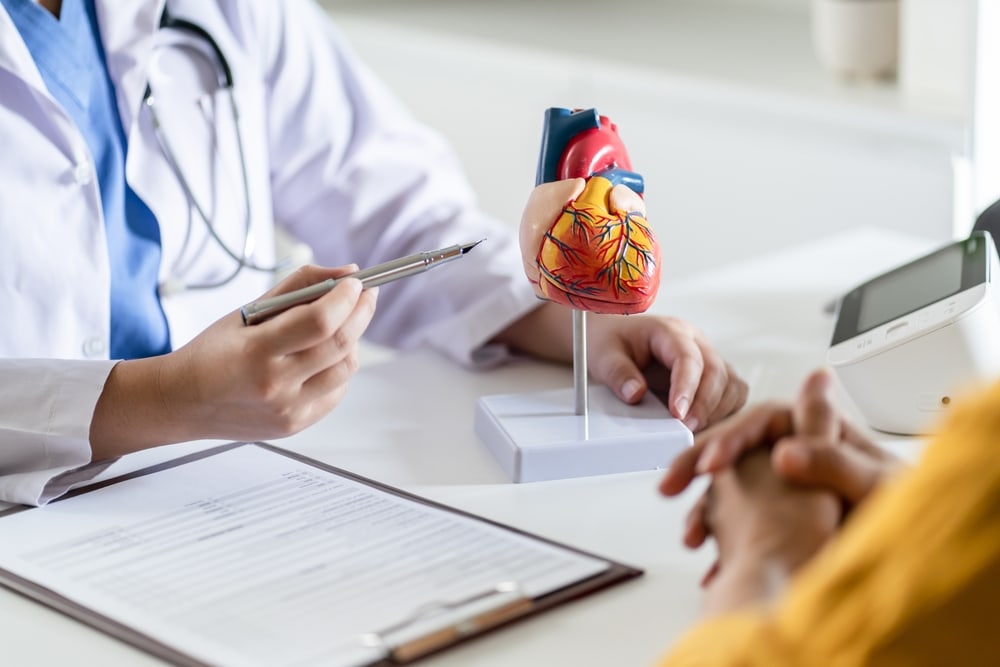The Bariatrician Patient Relationship: Building Trust For Effective Treatment

In the sweeping world of health, trust is the cornerstone. The bariatrician-patient relationship is not an exception. Building this trust can transform the journey towards effective treatment. Our focus today is how this trust can be established and nurtured, especially in areas like bariatric surgery sacramento. This interaction is pivotal but often overlooked. We’re going to break it down, demystify it, and show you its immense value. Furthermore, we’ll touch on the ways this trust can lead to rewarding health outcomes.
Building Trust Begins with Understanding
Trust begins with understanding. The patient must understand their situation. The bariatrician must understand the patient’s goals. This is not a simple process. It is an ongoing conversation. It can, however, lead to a successful surgery and a healthier life.
Communication is Key
Clear, honest, and open communication is vital. It builds a strong foundation for the treatment journey. It also ensures that the patient feels respected and valued. It’s not just about talking. It’s about listening too.
Shared Decision Making
A cornerstone of building trust is shared decision making. This involves both the bariatrician and the patient. They should make treatment choices together. They should consider all information and options. This practice …



